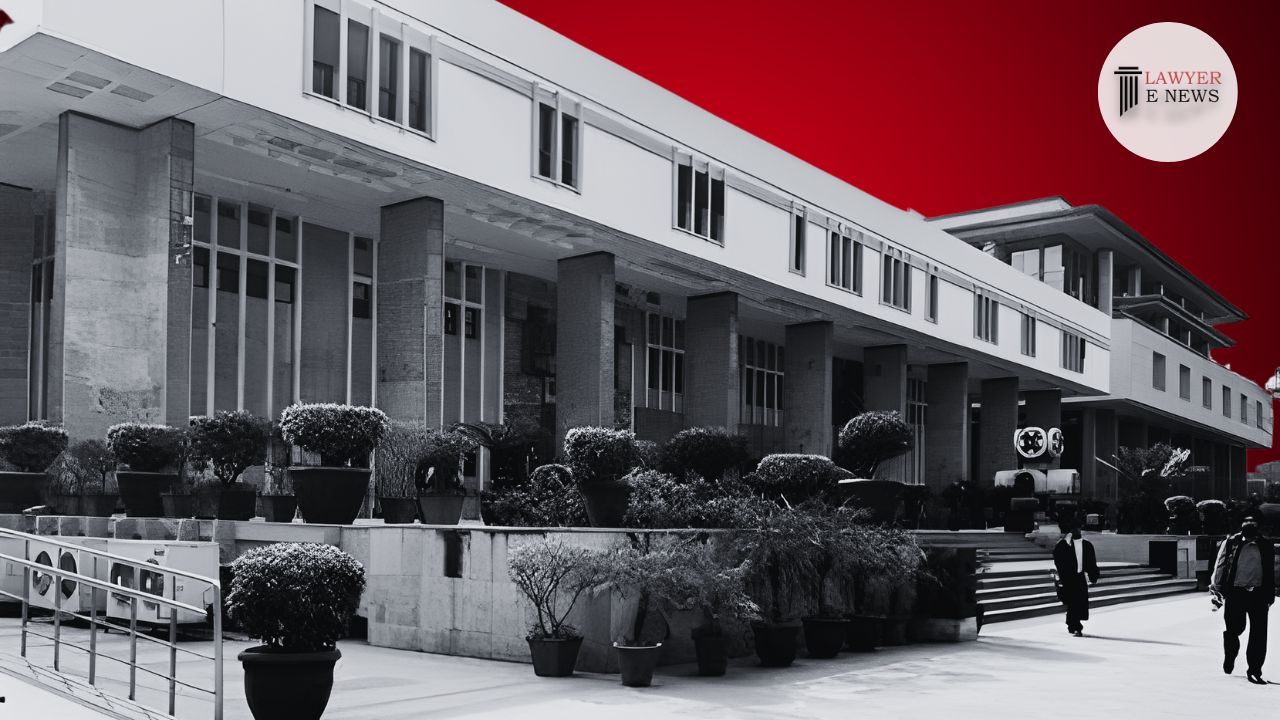-
by Admin
05 December 2025 4:19 PM



In a recent judgment, the Delhi High Court has ruled in favor of a petitioner who sought salary for a specific period during an employment dispute that unfolded over nearly a decade. The case revolved around the petitioner's suspension from employment, subsequent dismissal, and eventual reinstatement following acquittal. Here are the key highlights from the judgment:
The petitioner had been suspended from employment starting from 21st September 2002 due to an arrest by the Central Bureau of Investigation (CBI) under the Prevention of Corruption Act, 1988. This suspension led to the petitioner receiving subsistence allowance from 2002 to 2005.
Following the petitioner's conviction by the Special Judge, CBI, Delhi, for offenses involving moral turpitude, he was dismissed from service by the bank. This dismissal was carried out under specific banking rules and regulations.
However, after being acquitted by the Delhi High Court in a judgment dated 24th December 2010, the petitioner was reinstated in service on 25th March 2011, albeit with a condition that he would not receive any salary or allowances for the period during which he remained under suspension or out of service.
Despite the employment dispute, the petitioner eventually superannuated on 30th November 2011, receiving retirement benefits, including gratuity, provident fund, leave encashment, pension, and an extended house loan tenure.
The Delhi High Court upheld the bank's refusal to pay salary and allowances for the period of suspension and dismissal, citing existing rules and judicial precedent. The principle of 'no work, no pay' was emphasized, and a distinction was made between department-initiated disciplinary actions and cases where employees were involved in criminal proceedings when considering back wages.
The judgment referred to several judicial precedents that supported the denial of back wages in scenarios where an employee's criminal involvement led to suspension or dismissal, even if subsequent acquittal occurred. This was contrasted with cases where departmental actions were found unjustified, allowing for the payment of back wages.
Despite the denial of back wages for the specified duration, the Delhi High Court directed that the disputed period be treated as continuous service for calculating pensionary and retirement benefits. This decision aligned with precedent, ensuring that the petitioner would receive consequential benefits.
Delhi High Court disposed of the petition by instructing the authorities to re-fix the petitioner's pensionary and retirement benefits, taking into account the disputed period as continuous service.
The judgment reinforces the importance of adhering to established rules and precedents in employment disputes, highlighting the distinction between cases involving criminal charges and those related to unjustified departmental actions.
Date of Decision: 31 October 2023.
V.C.JAIN VS STATE BANK OF INDIA
